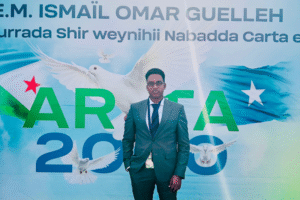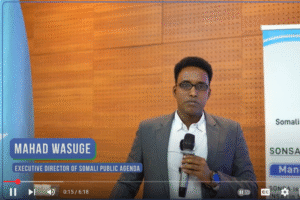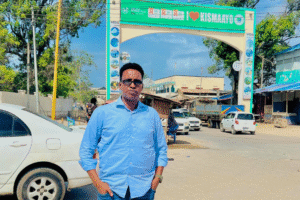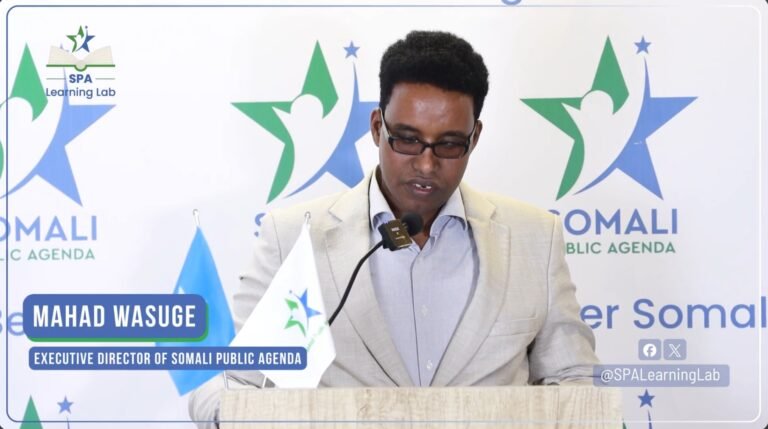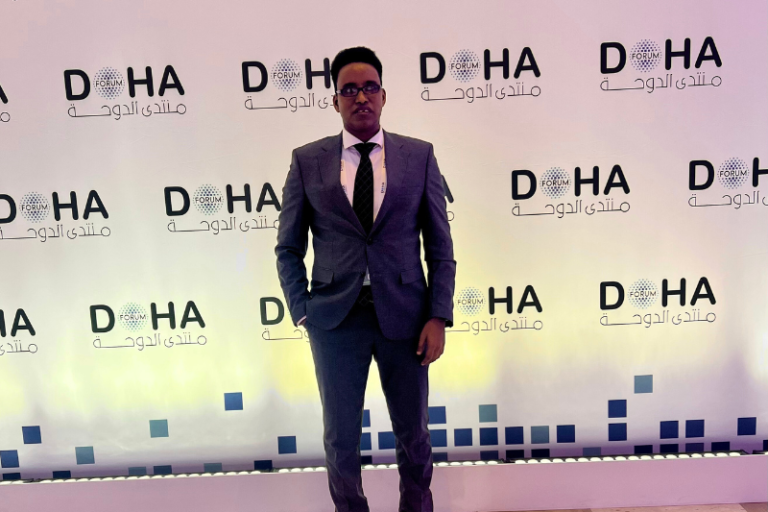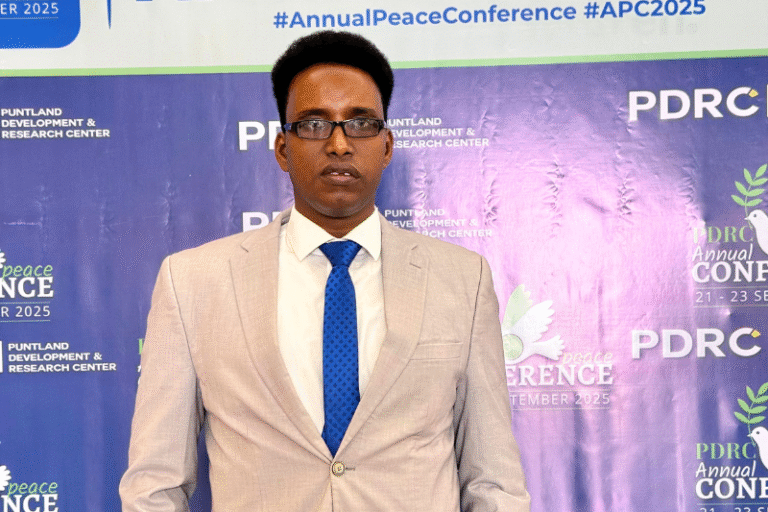
am taking an online course on Public Policy Challenges in the 21st century. In the first week of the course, the professor and the students were exploring issues that are likely to dominate the US public policy agenda in the year 2030.
The students’ focus was pivoted around multi-faceted issues. Among those issues were the environmental change and the technological advancement, the pervasive problems in the Middle East, shifting demographics (urbanization, globalization and immigration), income inequality, space explorations, growing extremism and the rise of economies of Brazil, Russia, India, China and South Africa known as BRICs. Students also brainstormed what the American public policy would be like after 15 years from now.
During the course, the part of the plan is to invite Public Policy experts and political leaders who present lectures that focus on a specific policy issue and thus answer students’ questions after the lecture. This type of experts’ discussion will help the students to understand deeply about the topics relevant to the course. In addition to that, the students will have the academic competence to put questions to the prominent leaders of the country.
In the first week of the study, many questions raced through my mind. “Look! These students are deliberating about 2030 policy agenda. What about your country – Somalia? Does anybody think discussing Somalia’s policy issues after 15 years? What would be the challenges facing our public policy in today and tomorrow? Are the incumbent leaders and those who are inspiring to join politics eager to streamline sound public policies that are organic, inclusive, participative and relevant to the current situation? Will the Somali citizens acquire the opportunity to discuss the future policy issues of their country? Will we have the leaders who are determined to guiding the national policies in the right direction and for the best interest of the nation? The more I dwelled on those questions the more disappointed I felt.
Let alone discussing what the challenges we face would be in years, we are struggling to make credible public policy to cope with some of the today’s pressing issues.
In Somalia, the criterion in which the political leaders are chosen is solely based on a power sharing clan formula. This method does not warrant good leadership qualities, a strong academic background, competence, honesty and integrity. To run for positions in the public policy, effective and credible leadership is an essential element. Unfortunately, we lacked such leadership, and that is the reason why the country is trailing behind the world in terms of mapping and exploring the policy agenda ahead.
Coming back to the reality, today the country is in a precarious situation where people expect much from the newly approved cabinet within a very short period
The policy issues that need to be discussed today in Somalia are security, youth employment, civil servants capacity building, constitutional referendum, federalization of the country, and so many other things.
Finding a viable solution depends on choosing the right and honest leaders who work with the active members of the civic society. Thus, the combination of good leadership and inclusivity of a grassroots movement will catalyze our general public policy.
Setting a sound public policy will not signal the end of our problems. This will also present a huge challenge to implement sound public policies. In the transitional governments, the civil servants, who were brought to the office through a power sharing formula, were supposed to carryout public policy programs. Sources close to the civil servants of the incumbent government say that they do not come to office regularly. Many of them also lack the rudimentary knowledge and skills required to their positions. They need huge capacity building programs that enable them implement national policies.
In sum, Somalia is still a long way to go, but we Somalis should not be disappointed. Even though Somalia faced protracted problems during the civil war, a beacon of hope is on the horizon. Studying a public policy course while in Mogadishu shows a sense of hope. When some countries and individuals compete with one another for the betterment of their public wellbeing, education and achievements, success and progress, sabotaging and killing one another cannot be our chosen option. I am confident that Somalia will one day compete with the developed world. In Shaa Allaah.
Mahad Wasuge
Mahad.wasuge@gmail.com
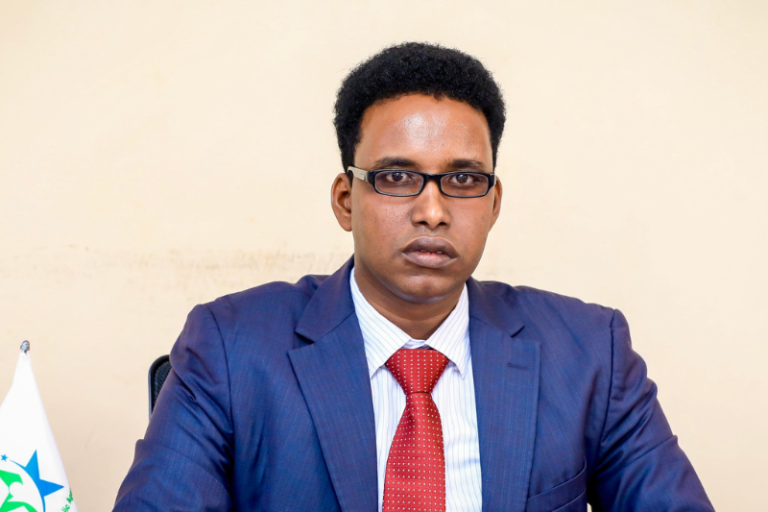
Is a researcher, teacher, podcaster and blogger. His work over the last decade has focused on teaching and researching governance, justice and social services in Somalia.

